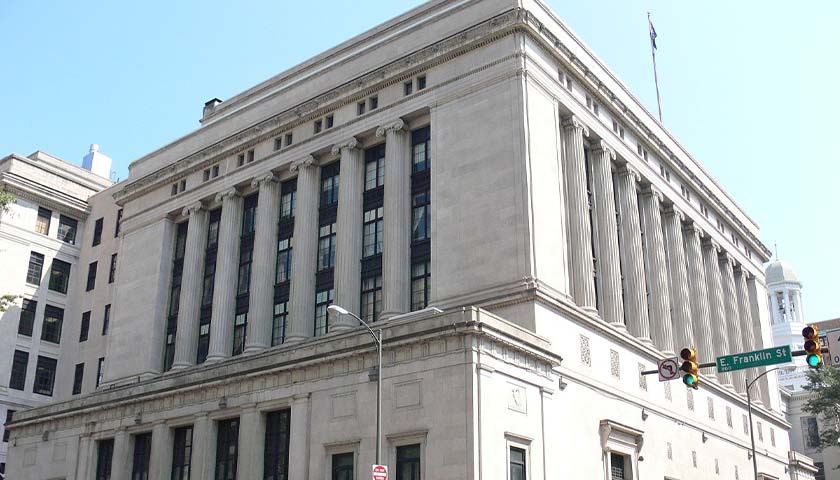The Supreme Court of Virginia rejected all three Republican nominees for special master to work with the court for redistricting, noting that the nominees had conflicts of interest. The court also rejected one of the Democratic nominees, noting that he might not be able to perform the job. The court explained that it was taking the opportunity to more clearly define how it views special masters.
“This Court has not previously addressed the role and requirements for its Special Masters. It is appropriate to do so now,” the court wrote Friday. “Although the Special Master candidates are to be nominated by legislative leaders of a particular political party, the nominees — upon being appointed by this Court as Special Masters — will serve as officers of the Court in a quasi-judicial capacity. Consequently, the Special Masters must be neutral and not act as advocates or representatives of any one political party.”
Virginia is going through the first round of redistricting under its new constitutional amendment that includes a provision sending redistricting to the Virginia Supreme Court if the Redistricting Commission fails. The Commission broke down repeatedly along partisan lines, leading to a deadlock with no maps by the deadline.
Two Special Masters, one Democratic nominee, and one Republican nominee will work with the Court to draw the new maps. But the Court’s preparations for redistricting are also facing partisan battles.
Democrats nominated three academics, while Republicans nominated three experts with well-known ties to the GOP. Democratic leaders cried foul, sending two letters to the Court asking them to disqualify the three Republican nominees. In response, Senate Republican Caucus Press Secretary Jeff Ryer challenged the impartiality of the Democratic nominees.
After the court disqualified the Republican nominees Friday, House Minority Leader Todd Gilbert (R-Shenandoah) and Senate Minority Leader Thomas Norment (R-James City) sent their own letter to the court, asking that all the Democratic nominees also be disqualified.
Norment and Gilbert stated that Democratic nominee Bruce Cain has links to Democrats, including working on the Democrat-favoring early 1980s redistricting effort in California. The Republicans cite Democratic nominee Bernard Grofman’s work in 2018 to help a federal court redistrict Virginia’s House lines, citing a Richmond Times Dispatch report that called that decision “a victory for the Democratic plaintiffs.”
Gilbert and Norment also cite nominee Nathaniel Persily’s work for federal judges drawing maps in North Carolina that gave Democrats better chances to defeat Republican incumbents, and his work for the Pennsylvania Supreme Court, where he helped produced a Democrat-favoring map.
“Shortly after, the New York Times reported that Mr. Persily’s map was ‘better for Democrats—by nearly every measure—than the maps that Democrats themselves proposed.’ Mr. Persily’s responsibility for this Democratically favored map, in turn, was extreme,” Gilbert and Norment wrote.
“As of this morning, the Court has made clear that it is interested solely in Special Master nominees that have no discernible conflicts of interest, particularly partisan ones, that might ‘preclude them from prudently exercising independent judgment, dispassionately following the Court’s instructions, [or]objectively applying the governing decision-making criteria,'” they wrote. “Based on the lopsided political records of each Democratic Caucus nominee, it is beyond reasonable dispute that not one should be allowed to serve as Special Master.”
– – –
Eric Burk is a reporter at The Virginia Star and The Star News Network. Email tips to [email protected].
Photo “Virginia Supreme Court” by Morgan Riley CC BY 3.0.








